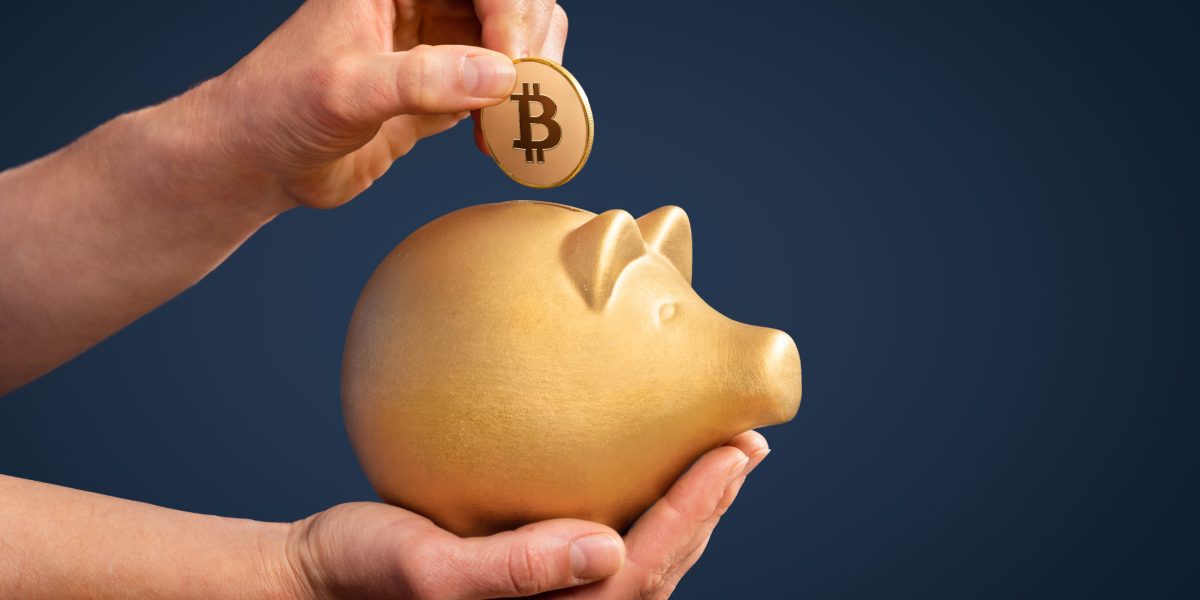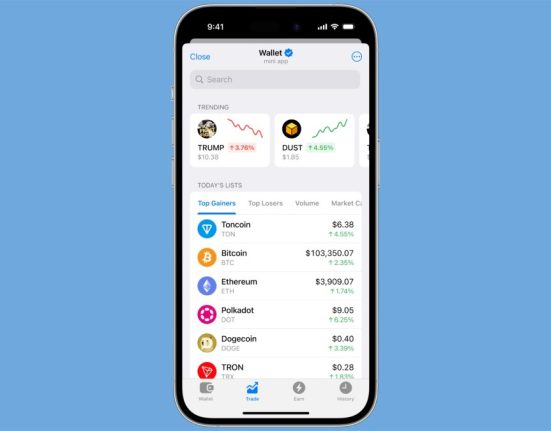As of 2024, there are over 20,000 cryptocurrencies available, but Bitcoin is still the industry leader with its market capitalization—the total value of its tokens—of nearing $1.3 trillion.
Although cryptocurrency is relatively new, more established tokens like Bitcoin can be appealing. In fact, a Pew Research Center poll found that 17% of U.S. adults invested, traded or used cryptocurrencies.
For those thinking about investing in Bitcoin, a Bitcoin Individual Retirement Account (IRA allows you to invest in the cryptocurrency in a tax-advantaged retirement account). However, Bitcoin IRAs are quite different from traditional or Roth IRAs, with different security concerns and fees.
What is a bitcoin IRA?
Bitcoin’s price in June 2020 was about $9,600. Today, its price is about $60,000 per token, an increase of about 575% in four years. To put that performance in perspective, consider that the S&P 500 Index increased by about 72% for the same period.
“When you look at it [Bitcoin’s performance] over a longer period of time, the price appreciation really blows other assets out of the water,” said John Haar, managing director of Swan, a Bitcoin IRA platform.”
Past returns and price increases are no guarantee of future returns. However, such an impressive price increase can pearl people’s interests, so it’s no surprise that more people are considering investing in Bitcoin.
“Investors are constantly searching for a way to defer taxes on assets they believe have significant upside potential,” said Ian Weiner, a certified financial planner (CFP) and lead planner with Bespoke Wealth Solutions. “With Bitcoin’s meteoric yet volatile growth in the last decade or so, it’s no surprise that many investors are looking for ‘loopholes’.”
Particularly for those looking to maximize their retirement savings, Bitcoin can seem like a tempting alternative to traditional stocks and bonds.
Traditional and Roth IRAs don’t allow investors to invest in alternative assets like precious metals or cryptocurrency; you can only hold stocks, bonds, mutual funds or exchange-traded funds (ETFs). However, by opening a self-directed IRA, a different type of account that requires a custodian, you can invest in cryptocurrency or other assets within a retirement account.
The same rules apply to Bitcoin IRAs that apply to traditional or Roth IRAs; for example, they have the same annual contribution limits, and they’re subject to required minimum distribution rules.
How to buy Bitcoin in a self-directed IRA
Opening a Bitcoin IRA and investing in Bitcoin is relatively easy, but it does require a little more work than a traditional or Roth IRA. To get started, follow these steps:
- Choose a provider: With a Bitcoin IRA, you need to find a crypto exchange — the platform for buying and selling your cryptocurrency holdings — a custodian that holds your assets and satisfies IRS regulations and storage for your Bitcoin. Some platforms, such as Swan and BitcoinIRA facilitate each part of the process for you, simplifying the process.
- Open an account: Once you identify a provider, enter your personal details; you’ll need to provide your legal name, address, Social Security number and bank account information to fund your account.
- Fund the account: Before you can buy Bitcoin, you must fund your Bitcoin IRA. You can do so by transferring money from your bank account, or you can rollover an existing retirement account.
- Place an order: Next, decide how much you want to invest in Bitcoin. Through the investing platform, enter the dollar amount you’d like to purchase.
- Store your tokens: Once you own tokens, you need to store them securely. With Bitcoin IRAs, your investing platform will likely recommend a custodian that meets IRA standards.
Risks with investing in bitcoin IRAs
Although Bitcoin’s price has skyrocketed over the past few years, there are some substantial risks to be aware of before opening a Bitcoin IRA:
Fees
Self-directed IRAs, including Bitcoin IRAs, require additional documentation, and you need a custodian to handle your holdings for you. As a result, they tend to be more expensive than traditional or Roth IRAs.
“Fees vary [by provider], but there tends to be many,” cautioned Weiner. “Transaction fees of 1% to 2% are common, platform fees of $20 to $30 per month, and some custodians charge a custodian fee of 1% and others charge security fees on top of everything else. All in, these are not inexpensive transactions.”
Below are the fee structures of three major providers:
Volatility
Although there is the risk of losing money with any investment, Bitcoin’s price can be particularly volatile. For example, in November 2021, its price reached $65,000. Within one year, its price had plummeted to $15,500 in November 2022. If you’re nearing your retirement age, such volatility could put your future at risk.
Security
Because Bitcoin is a digital token, there is the risk of security breaches and hacks costing you money. In fact, the Commodity Futures Trading Commission issued a warning about self-directed IRAs investing in digital currency, cautioning consumers that their digital wallets could be hacked, and, if your assets are stolen, there may not be any way to recover your investment.
When shopping for a Bitcoin IRA platform or provider, security should be top of mind.
“You want to do your due diligence,” said Haar. “How long have they [the prospective platforms] been around? Have they ever had a security incident? How many assets do they custody in terms of number of tokens, but also in terms of dollar value? Do they have any sort of insurance policy against fraud and misuse?”
Asking those questions can help you avoid vulnerable platforms that may put your money at risk of security breaches.
The takeaway
If you want to invest in Bitcoin, using a tax-advantaged account like an IRA could be a potential option. You could add digital currency to your portfolio and take advantage of potential returns.
However, Bitcoin can be volatile, and there’s no guarantee of future returns. Plus, Bitcoin IRAs involve added fees that can reduce your returns.
In general, investing experts recommend keeping 2% to 5% of your portfolio allocation in cryptocurrencies like Bitcoin; that allocation will allow you to benefit from cryptocurrencies’ performance while limiting the level of risk.







